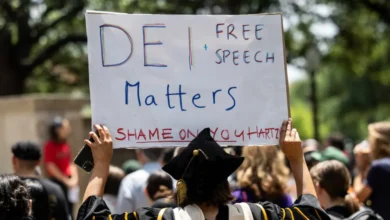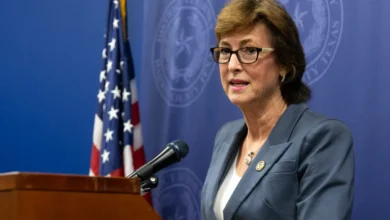A Texas man, Robert Roberson, whose execution was paused following a last-minute intervention by lawmakers who believe he did not kill his 2-year-old daughter, was set to testify before a state House panel on Monday. This testimony comes just four days after he was originally scheduled to die by lethal injection.
Roberson was poised to become the first person in the U.S. to be executed for a murder conviction related to shaken baby syndrome, a diagnosis that his supporters argue is based on outdated science. A bipartisan group of legislators backs his claims of innocence, stating that his conviction was founded on debunked medical evidence.
Gretchen Sween, one of Roberson’s attorneys, warned that prosecutors could seek a new execution date at any moment following his testimony.
Legislators had pushed for Roberson to be transported from death row to testify in person, setting the stage for an unprecedented event at the Texas Capitol. However, the state attorney general’s office informed the committee that Roberson would testify virtually.
Last Thursday, after exhausting all options with the courts and Texas’ parole board, lawmakers took the rare step of subpoenaing Roberson to testify, a strategy intended to delay his execution. The House committee expressed frustration with Texas’ 2013 “junk science” law, which they say has not functioned as intended in cases like Roberson’s.
The 2013 law was designed to provide relief to individuals convicted using evidence that is now considered unreliable. At the time, it was hailed as a groundbreaking solution to wrongful convictions. However, Roberson’s advocates argue that the law has been undermined by Texas’ highest criminal court. Of the 74 applications submitted under the law over the past decade, none have successfully halted an execution.
In 2002, Roberson was sentenced to death for the killing of his daughter, Nikki Curtis. Prosecutors argued that she died from severe head trauma after being violently shaken. Roberson’s legal team contends that her bruising may have been the result of severe pneumonia complications rather than abuse.
Nearly 90 lawmakers, medical experts, and author John Grisham have urged Governor Greg Abbott to intervene in the case, but Abbott has remained silent. The Texas parole board has also rejected requests for clemency.







